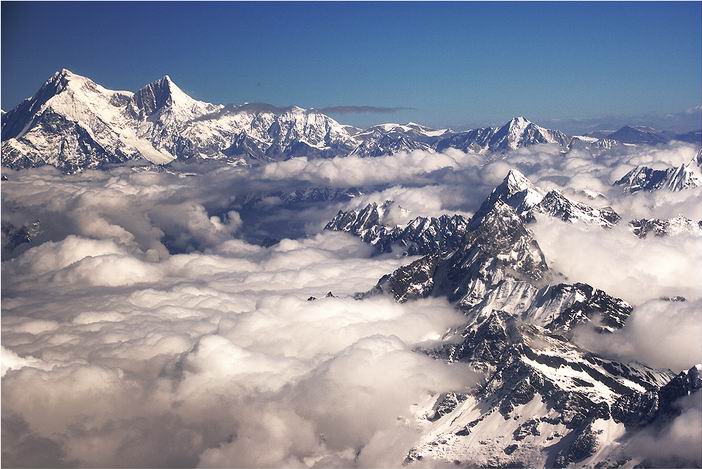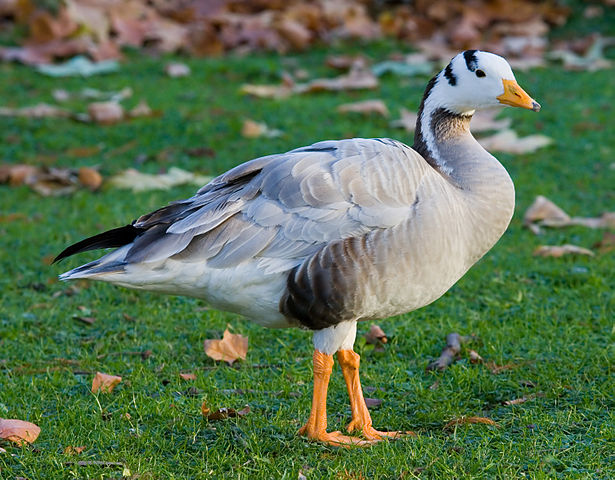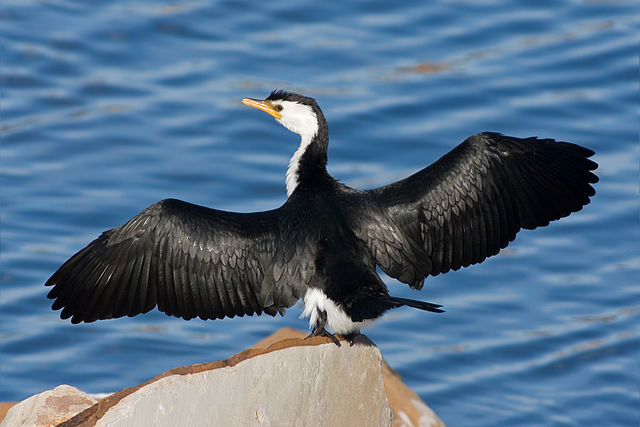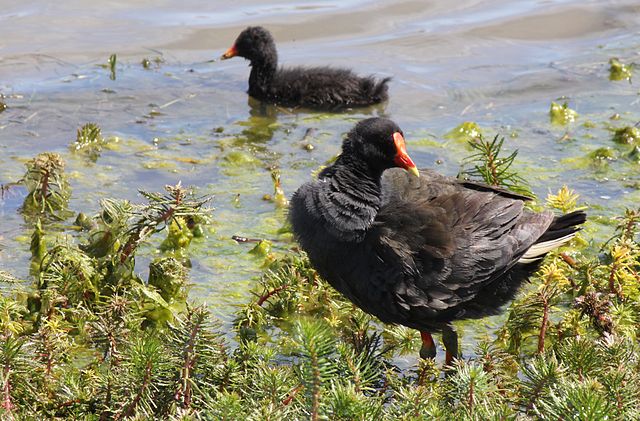Turkey is a parliamentary republic in Eurasia, largely located in Western Asia, with the smaller portion of Eastern Thrace in Southeast Europe. Turkey is bordered by eight countries: Syria and Iraq to the south; Iran, Armenia, and the Azerbaijani exclave of Nakhchivan to the east; Georgia to the northeast; Bulgaria to the northwest; and Greece to the west. The Black Sea is to the north, the Mediterranean Sea to the south, and the Aegean Sea to the west.
Starting from the late 13th century, the Ottomans united Anatolia and created an empire encompassing much of Southeastern Europe, Western Asia and North Africa, becoming a major power in Eurasia and Africa during the early modern period. The empire reached the peak of its power between the 15th and 17th centuries, especially during the 1520–66 reign of Suleiman the Magnificent.
“Let us step into the night and pursue that flighty temptress, adventure.”
? J.K. Rowling
Although rock climbing was an important component of Victorian mountaineering in the Alps, it is generally thought that the sport of rock climbing began in the last quarter of the nineteenth century in various parts of Europe. Rock climbing evolved gradually from an alpine necessity to a distinct athletic activity.
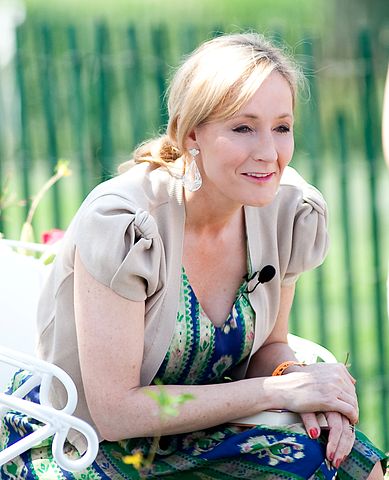
Aid climbing, climbing using equipment that acts as artificial handhold or footholds, became popular during the period 1920-1960, leading to ascents in the Alps and in Yosemite Valley that were considered impossible without such means. However, climbing techniques, equipment and ethical considerations have evolved steadily. Today, free climbing, climbing using holds made entirely of natural rock while using gear solely for protection and not for upward movement, is the most popular form of the sport. Free climbing has since been divided into several sub-styles of climbing dependent on belay configuration.
Most of the climbing done in modern times is considered free climbing—climbing using one’s own physical strength, with equipment used solely as protection and not as support.

